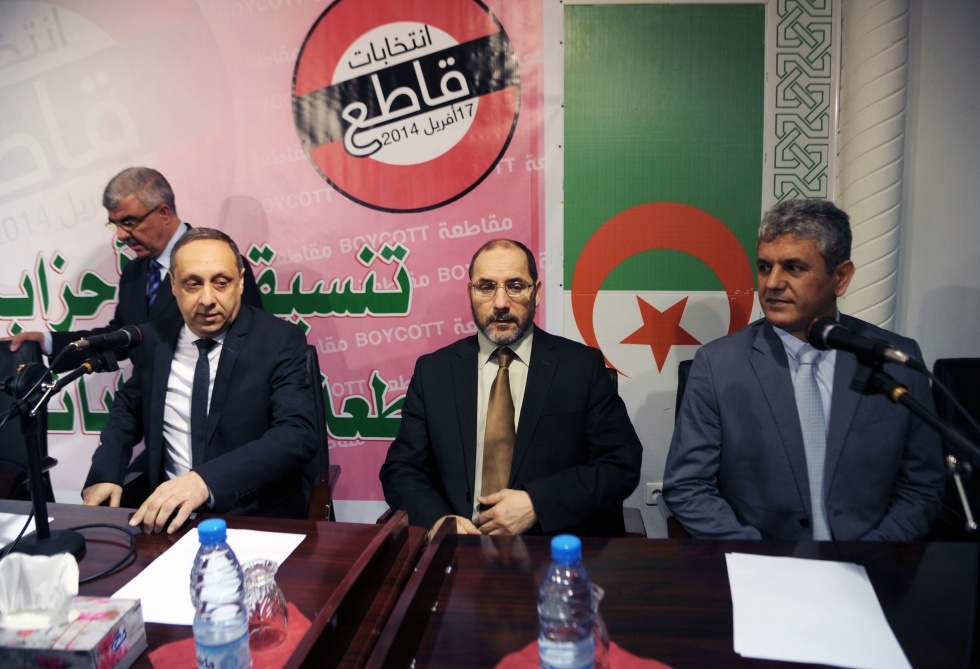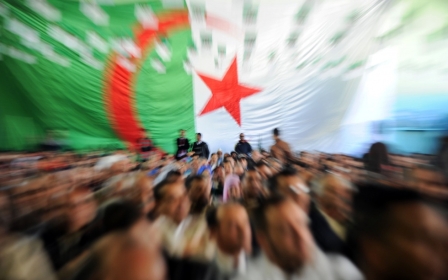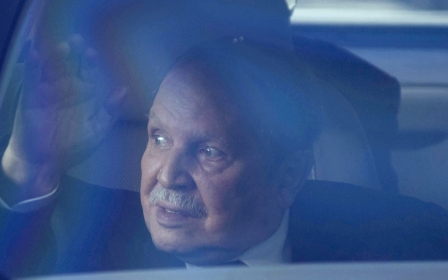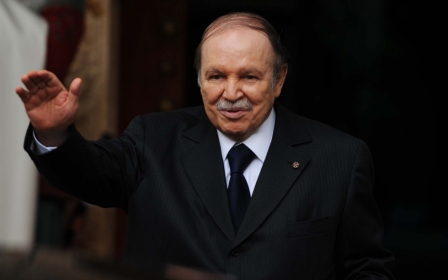Algeria's opposition issue rally cry for 'real democracy'

Opposition groups in Algeria have held a conference in the hope of forging a national unified movement calling for “real” political change and warned on Wednesday that the existing governance system will cause the state to collapse.
The event organised by the Coordination for Liberties and Democratic Transition, a coalition of three Islamist and two secular political parties, at the Hotel Mazafran had more than 400 participants and saw leaders promise the beginning of a newly united Algerian opposition.
“This conference is a new chapter in Algerian politics, it is the fruit of an arduous work, but it is also the beginning of a roadmap that paves the way for a real democracy in Algeria,” said Sofiane Sakhri, spokesperson for the non-partisan Jil Jadid political party, according to Al Jazeera English.
“It is gathering politicians from different backgrounds, ideologies and programmes, something impossible to do decades ago,” he added.
The coalition said it will “continue its struggle for a real change, one that will establish the sovereignty of the people as well as the freedom to choose their leaders,” according to the Turkish Anadolu Agency, adding they had had observed a political “crisis and the certainty that the country’s current impasse will lead to the collapse of the state.”
The opposition urged Algeria’s leadership “not to miss the historic opportunity…to respond positively” to their call for a democratic transition, however, the country’s prime minister immediately dismissed the coalition’s statement.
Prime Minister Abdelmalek Sellal said the people had re-elected their president in a democratic process and insisted that Algeria had “strong institutions” and “no need for a transition period”, according to Anadolu.
The conference comes less than two months after 77-year-old Abdelaziz Bouteflika won a fourth consecutive term as the country’s president, with more than 80 percent of a vote denounced by losing candidate Ali Benflis as a “massive fraud”. Former Prime Minister Benflis is now part of the opposition coalition, which was first formed on 21 April, shortly after the election results were announced.
Although constitutional reforms in theory brought a multiparty system to Algeria in 1989, every election since has been plagued by accusations of foul play by the authorities. The opposition is diverse, comprising groups from Islamist to Leftist, and has been deeply divided over ideology and strategy for decades.
Analysts and opposition figures have lauded the emerging coalition unity and said it represents a glimmer of hope for a more vibrant movement.
“The conference constitutes a major milestone in the history of post-independence Algeria,” said Hicham Yezza, analyst and editor of Ceasefire Magazine. “It’s the first time there seems to be a serious willingness among major opposition factions to put aside deeply-entrenched ideological differences in order to prioritise their common desire to break the status quo.”
Mohamed Zitout, former Algerian diplomat turned opposition figure, agreed with Yezza that internal ideological differences may now be in the process of ending.
“For the first time in over 20 years we have seen Islamist and secular groups in the same room as each other, discord among each group has racked Algeria’s opposition but now there is hope,” he said. “Another positive point here is that the opposition are making it clear to the people there is an alternative to this regime.”
When asked about the chances of the opposition bringing substantive change to Algeria, analysts were more downbeat.
“Chances for the opposition being successful in bringing democracy to Algeria are zero,” said Jeremy Keenan, professor of social anthropology at the School of Oriental and African Studies in London. “As for the opposition’s warning of state collapse, some might say it happened quite a while ago.”
“If by such a statement they mean ‘lose all credibility’ I would say that has already happened with the Algerian people.”
Editor of Ceasefire Magazine Yezza said “similar initiatives have been attempted before, without much success”, adding “the tactical choices of the opposition will prove critical. A focus on peaceful protests and civil resistance is the most probable course, however, unless the lessons of past failures are learned this initiative can easily turn into another false dawn.”
“There are some encouraging signs: many of the parties enjoy genuine popular support and their call has a fair chance of leading to a growing momentum behind a mass movement for change,” he added.
Middle East Eye propose une couverture et une analyse indépendantes et incomparables du Moyen-Orient, de l’Afrique du Nord et d’autres régions du monde. Pour en savoir plus sur la reprise de ce contenu et les frais qui s’appliquent, veuillez remplir ce formulaire [en anglais]. Pour en savoir plus sur MEE, cliquez ici [en anglais].




